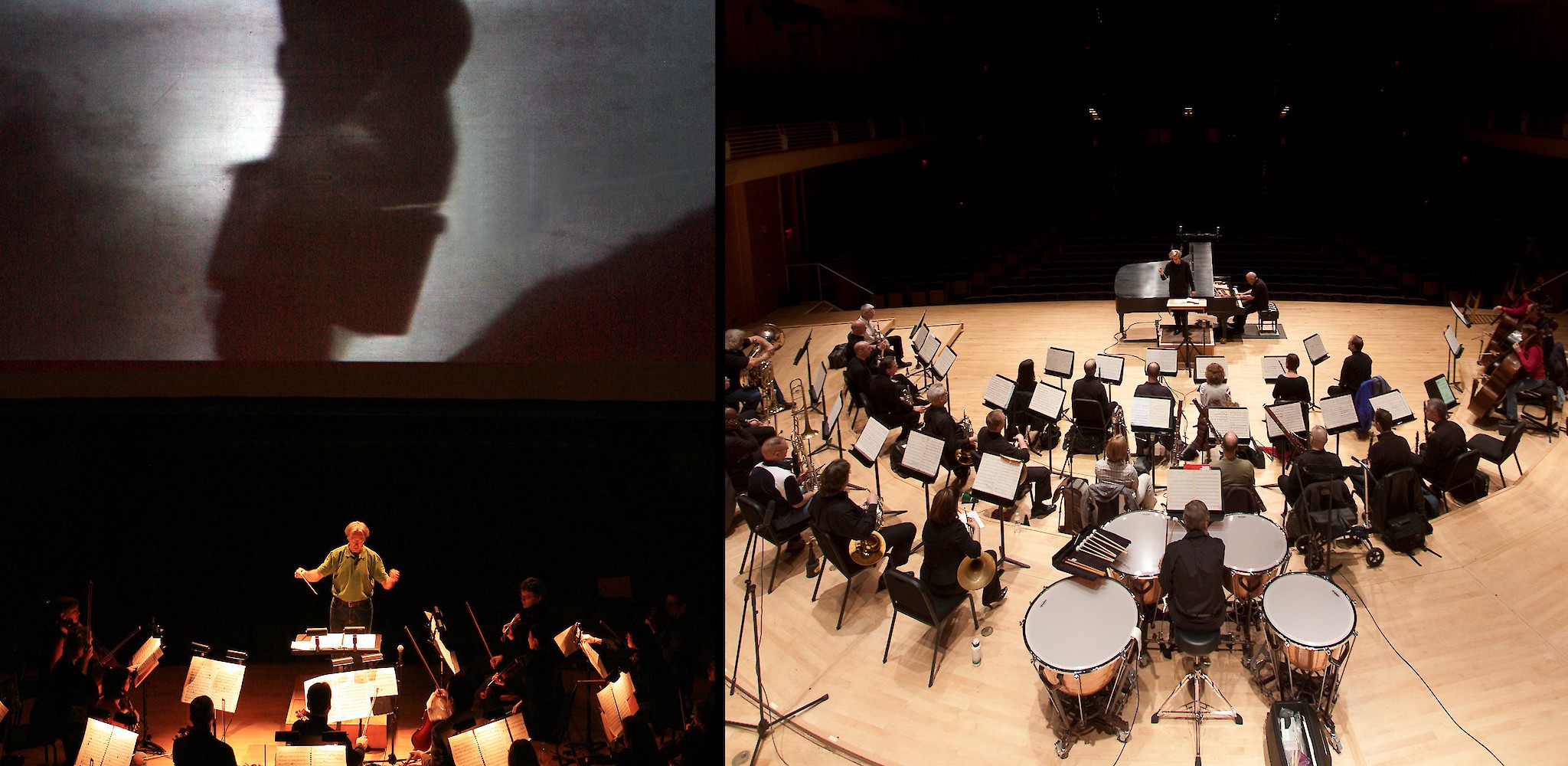Thomson: Plow that Broke the Plains, River (doc films)
Note: Since this disc review is no longer available online, we are reprinting it here.
While DVDs generally fall outside the purview of CROCKS Newsletters, this one is so exceptional that we had to bring it to your attention. In fact, it could well turn out to be the most interesting video release of the year! That’s because the now rarely seen documentary films presented here are absolute classics. They combine stunning cinematography with some of the most original American music ever written, and moving narrations that border on the poetic.
Pare Lorentz wrote and directed these FDR New Deal epics and hired Virgil Thomson (1896-1989) to provide the music. He certainly got his money’s worth! The composer produced not only what many consider his finest scores, but some of the best ever written for the silver screen. Thomson, who studied at Harvard and then with Nadia Boulanger in Paris, had the ability to write and orchestrate in an amazingly clear, simple and directly meaningful way. For the Lorentz films he used these talents along with a variety of folk and hymn tunes to create an entirely new kind of American music. Eclectic, down-to-earth and at times even humorous, it had such a uniquely compelling sound that it greatly influenced what would come later from other American composers, particularly Aaron Copland and Roy Harris.
The finer points of Thomson’s exquisite scores don’t come through on the original 1930s soundtracks, but that’s not the case with this DVD! The music and narration have been newly recorded giving these extraordinary documentaries a new lease on life. In the process, several music cuts made in the original films have been restored. We have the outstanding, up-and-coming conductor Angel Gil-Ordóñez and his PostClassical Ensemble to thank for this. Known in the Washington, D.C. area for their imaginative programming and sensitive performances, they really outdo themselves here. Their efforts would undoubtedly have pleased the composer, who was also a formidable music critic.
Dating from 1936, The Plow That Broke the Plains documents the calamities brought about by the Dust Bowl and the New Deal policies designed to overcome them. The River, which came a year later, tells the story of the mighty Mississippi, it’s disastrous floods and New Deal efforts to contain and prevent them. Thomson considered The Plow… his finest film score. But Gil-Ordóñez makes an exceptionally strong case for The River, by turning it into a highly emotional cinematographic symphonic experience which you’ll not soon forget. A word of advice: you’ll appreciate these movies all the more if you first watch the special feature interviews with composer Charles Fussell, who studied with Virgil and knew him well, and educational film expert George Stoney.
There’s also a brief audio track with Thomson commenting on these film scores. Both documentaries are presented in their original 4:3 aspect ratio. The sound is excellent and offered in Dolby(2.0), Dolby(5.1) or DTS(5.1). Additional special features include the planned, but later discarded beginning and ending for The Plow…, as well as the original soundtracks for both movies. Incidentally, Thomson fans should make sure they check out a recent CD featuring his cello concerto along with some pieces by his student and good friend Charles Fussell.

